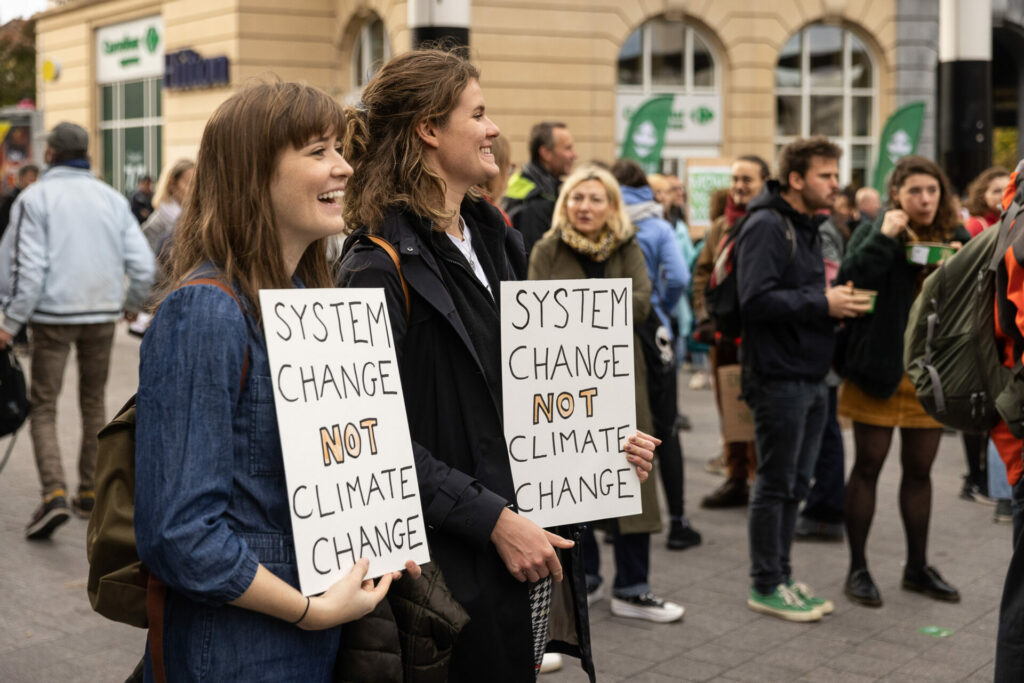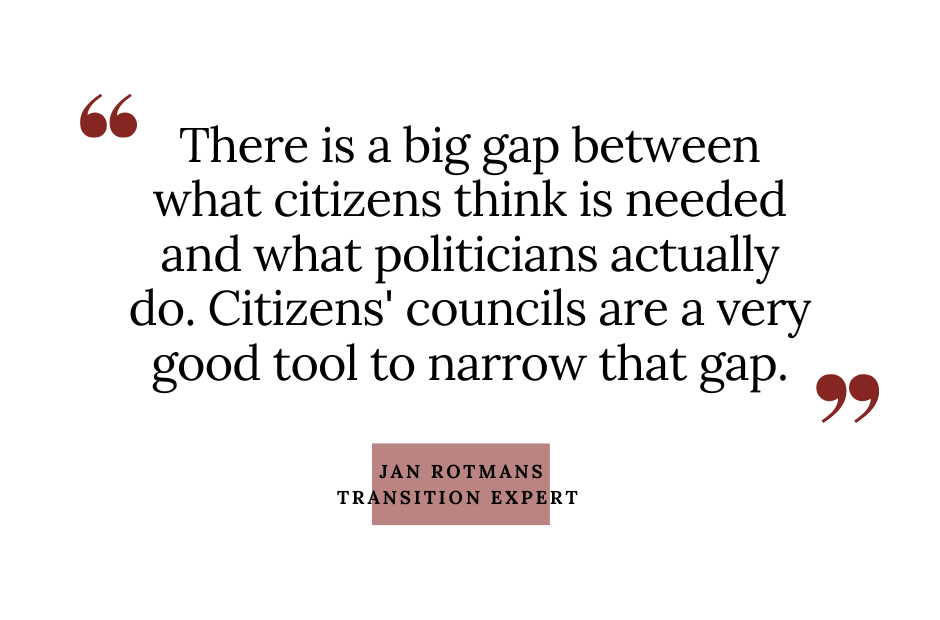Next year, elected citizens in the Brussels-Capital Region will make up a new permanent Council on Climate, the first of such Councils in the world that will work specifically on climate policy.
By setting up a permanent climate council, the regional government is the first in the world on two fronts: by involving citizens in the drawing up of climate policy on a structural basis, and by working in direct collaboration with it for this purpose.
Consisting of 100 residents of the region who are drawn by lottery, the project will give a succession of different citizen panels "real power" to put climate change issues on the agenda and propose solutions.
"A just climate transition is only possible if citizens are also involved in climate policy. With this permanent citizens' council, Brussels sets an example for governments all over the world," stated Jean-Pascal van Ypersele, a Professor of Environmental Sciences at UCLouvain and candidate chair for the Intergovernmental Panel on Climate Change (IPCC).
The lots are drawn on the basis of gender, age, place of residence and socio-economic background to ensure a good reflection of the Brussels population, a statement regarding the initiative read.
"Society will change drastically in the coming decades. In order to involve as many Brussels residents as possible in this change and strengthen social cohesion, I commissioned G1000 experts and our administration to design a new democratic instrument," Alain Maron, Minister for Climate Transition and Participatory Democracy, said.
Following up on recommendations
Unlike previous one-off climate panels that have taken place in France and Wallonia, this Council will work closely with the government and the administration to increase the impact of the recommendations on climate policy and will be structurally embedded citizens in its climate policy.
A group of 25 citizens drawn by lot from the previous panel choose the themes of the next meeting to ensure the baton is passed to the participants of the second panel for continuity. The theme for the first citizens' panel will exceptionally be decided by the government, but after that, it will be up to the citizens.
"There is a big gap between what citizens think is needed and what politicians actually do. Citizens' councils are a very good tool to narrow that gap," transition expert Jan Rotmans, professor at Erasmus University Rotterdam, said.
Participating citizens will receive clear and objective information from independent academic climate experts, while they can also draw on reports from stakeholders, including civil society organisations and other interest groups.
Aside from giving concrete recommendations, the group also actively checks whether the government is implementing the measures included in the proposals via a follow-up committee.
Related News
- Flemish Environment Minister to skip COP28 and takes a dig at Dubai
- COP27: Wallonia to double funding for countries impacted by 'loss and damage'
- Climate protests at offices of N-VA and Foreign Affairs Minister
Three months after receiving the recommendations, the government has to give the first update on actions taken, and after a year, there will be a final evaluation. If the government then decides not to implement a recommendation, it has committed to explaining why this is the case.
The first citizens' panel will start work in early 2023, for which the first group of citizens that have been drawn by lot can expect an invitation letter in their letterbox in the coming weeks.


